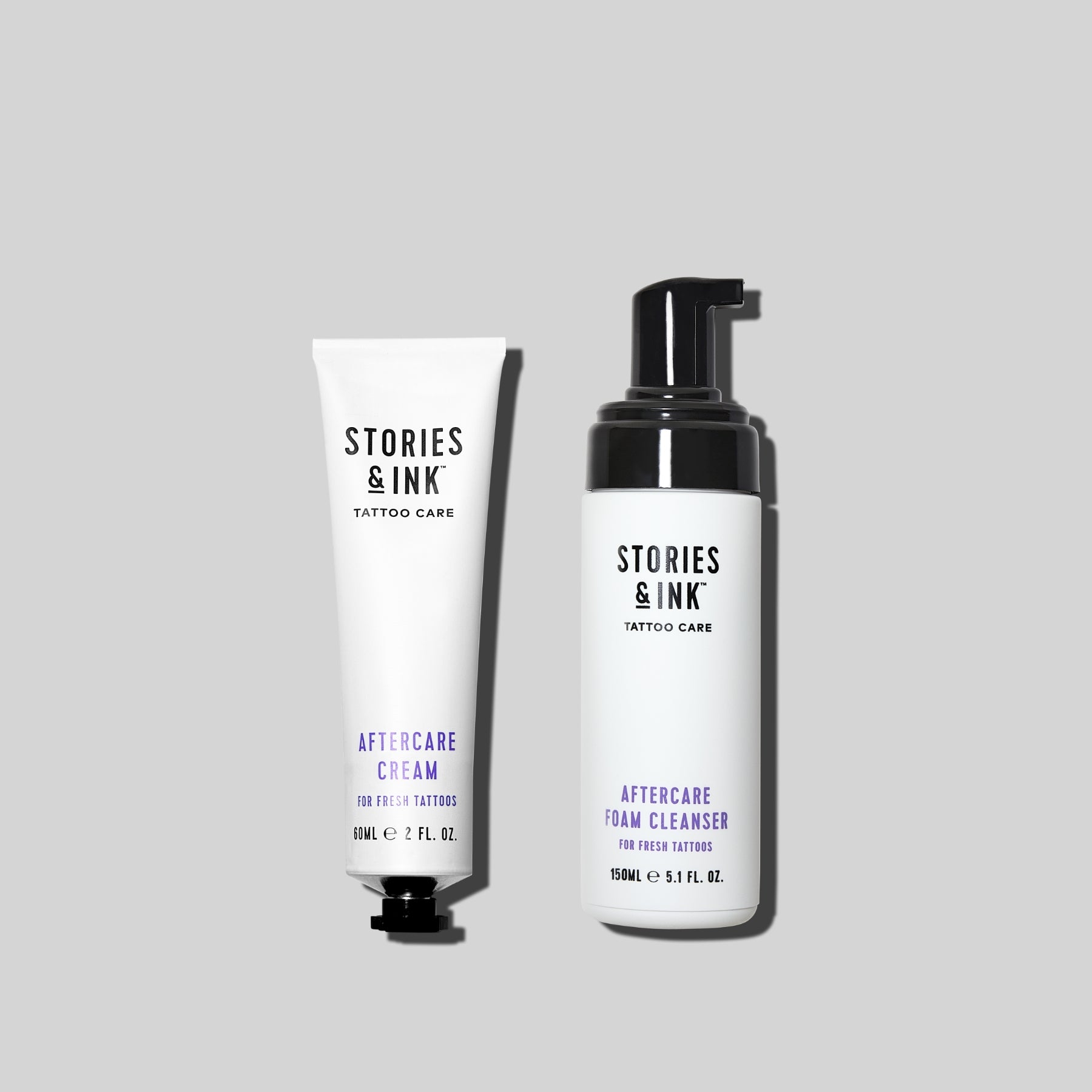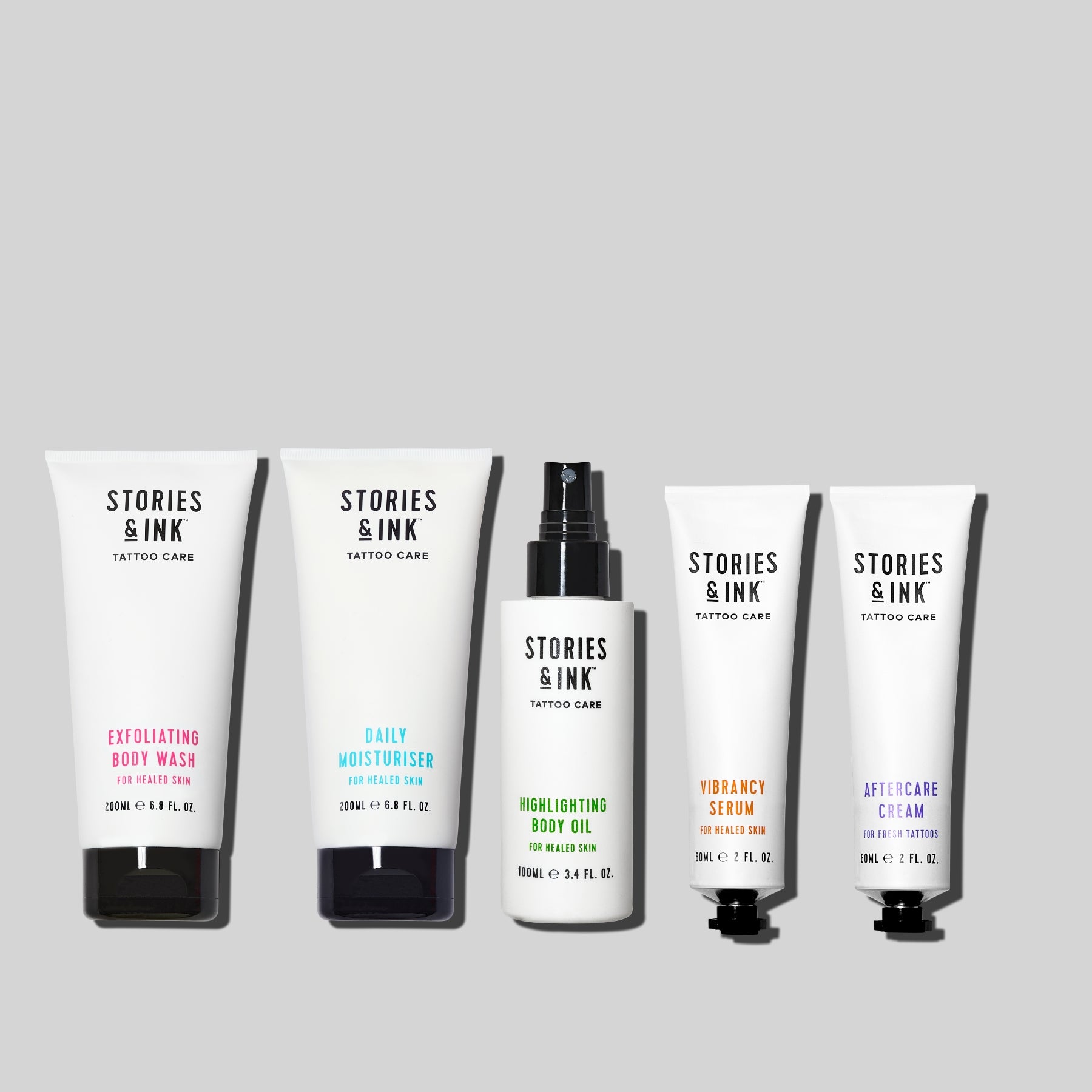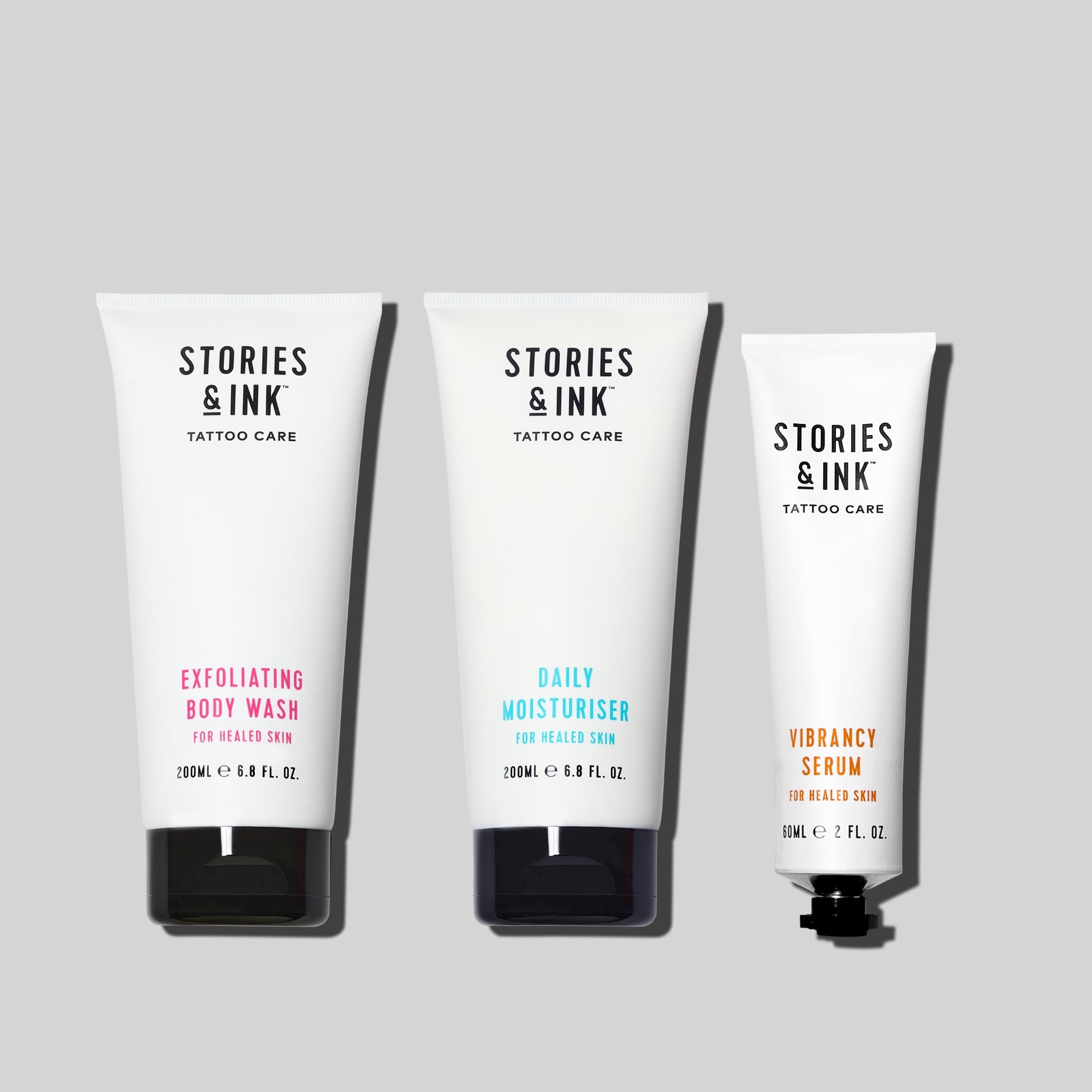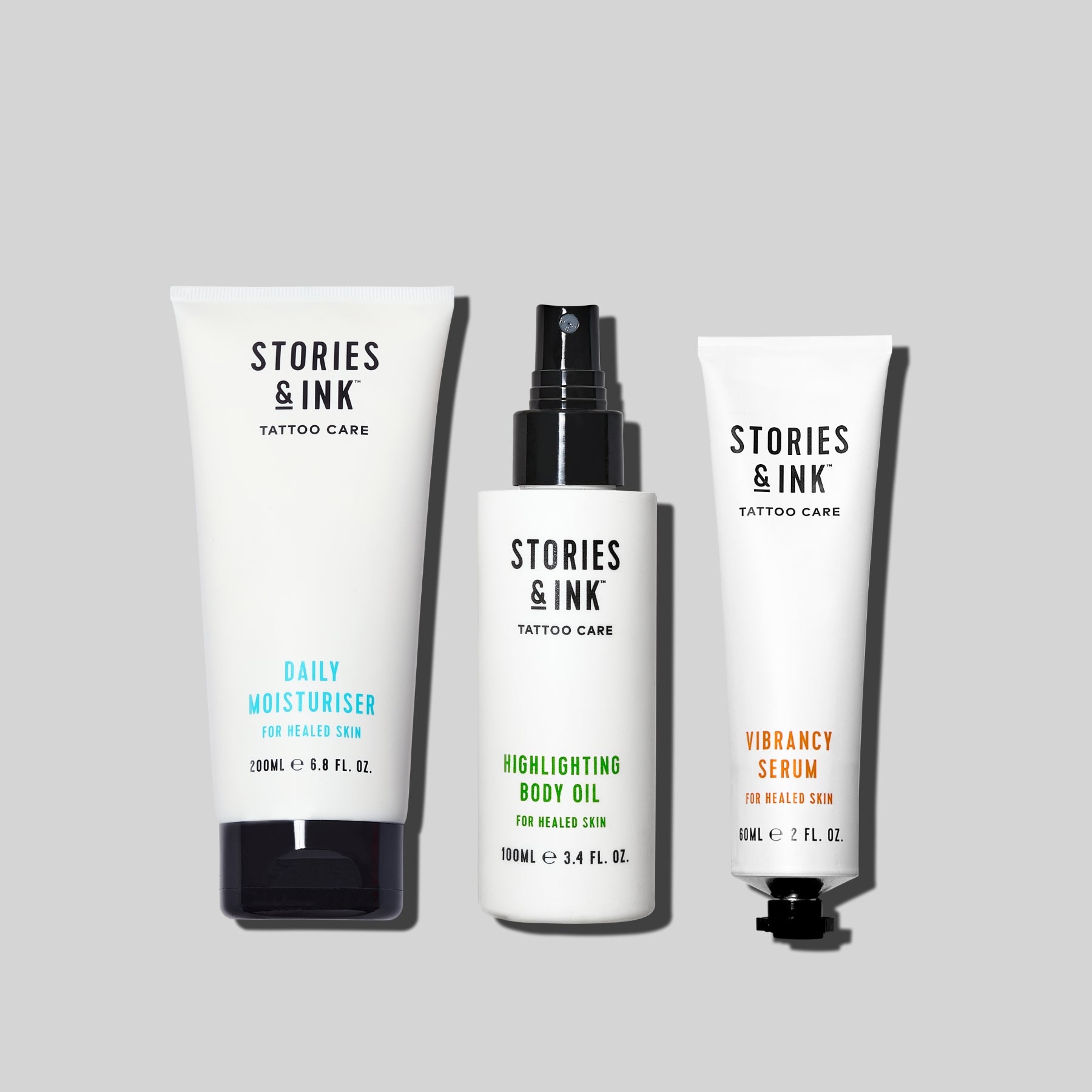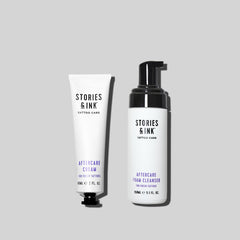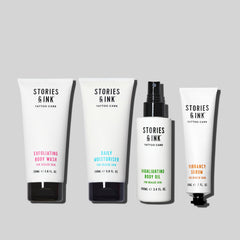Hiya, I'm Lydia Morrow, I'm a designer, knitter, stylist, artist and fashion clown with a specific specialism in working towards more ethical and size inclusive fashion. I'm fat, queer, disabled, and neurodiverent which means than in a lot of ways, I'm not the type of person that is generally encouraged or included in my field, I try to use my influence to get folks to question why our fashion system is so exploitative and exclusive and encourage creativity and self expression.

When did you discover a love for fashion and designing?
I have been sewing and knitting and customising clothes with dyes and patches a bit since I was a kid. My parents were low income punks, and self expression through fashion was really important to them- and since we were poor we did a lot of it ourselves! I studied Painting and Printmaking in art school but I started printing on textiles and that gradually morphed into making clothing- I thought that using fashion as a site for fine art was more exciting than creating exclusively for the white cube, so I started making wearable pieces and went from there!
How have you used fashion and design as a way to campaign for social or political change?
How have you used fashion and design as a way to campaign for social or political change?
As a fat person, there is an overwhelming message to consider your body as temporary and not worth investing in, the way fat folks are encouraged to engage with fashion is primarily through trying not to look fat- fashion for fat folks is often considered in terms of 'flattering' or 'not flattering' rather than in terms of taste and self expression and trying to make fat bodies as small and invisible as possible. Plus size fashion has always been extremely limited in options which keeps fat folks away from mainstream fashion conversations- I feel like making my own clothes and curating a wardrobe that is loud, unique, big, and weird, is a political act. Showing to other folks who are being battered with negative feedback from society that you can assert yourself in the fashion, style, and design world as a fat person is powerful.
Additionally, I only shop from places where I feel confident that the workers are treated fairly and the environmental impact of the clothes has been considered in the production process (I worry about using the term 'ethical' fashion because there are so many impacts fashion has on people and the world, it's hard for a brand to be truly ethical.). In opting out of the fast fashion consumption cycle and having conversations with folks about it, we can open up conversations about why the fashion world is in its current state and how we can get out of it! A lot of people feel that 'ethical fashion' is unattainable or too expensive, but it doesn't look the same for everyone! It's also just really fun and an investment in your community and local economy to buy from small businesses where you can see for yourself how your custom makes a difference!

Can you tell me more about what being an inclusive fashion designer means?
We still don't really know what is the best way to create a truly inclusive fashion world, and in some ways it's hard to envision without using the tools of capitalism which are kinda what put us in this position in the first place haha! I don't want to create any illusions that I know it all, but of course I have ideas! 'Plus sizes' make up a significant majority of people in the UK and US at this point, and it is ridiculous that we are an afterthought, designers (especially big ones with big budgets) should be thinking of them from the start. With my knitting designs, I make sure to hire a professional with specialist grading skills to make sure that the pattern fits well, and I try to show my pieces modelled on diverse body shapes so people can imagine how it fits them. I also think designers should try to consider accessibility, like how difficult the fastenings are for their garments, or how flowy sleeves and skirts should have the ability to be pulled away from wheelchair wheels and if there are adaptations they can offer for these things- it can be so validating to have these kinds of options offered without having to ask, as marginalised people are so often forced to fight for their space. Another way I've seen designers being inclusive is with prices, a lot of new designers have started implementing sliding scale payment options, asking their audiences to pay what they can so they can keep their businesses afloat but still accessible to folks on lower incomes. This is just a super small sampling of ways to be an inclusive designer, but overall, surrounding yourself with diverse voices whether it's through real life, social media, or the media you consume is such a great way to remember there are people with different experiences and start caring about giving them the same priority you'd give yourself!
Let’s discuss your tattoos! I know you identify as a disabled person, are any of your tattoos a reflection of your disability?
Let’s discuss your tattoos! I know you identify as a disabled person, are any of your tattoos a reflection of your disability?
This is a question I've never been asked before! Yes, I do have a few tattoos that reflect my disability. The last few years have been a really complicated journey of trying to come to terms with my physical disability, and I have spent a lot of time in pain because my body can't keep up with what I want it to do, I've felt really powerless and at times I've had to give up crafts and pursuits I'm really passionate about because of the pain they caused me. I often get pain in my hands which I think is what has drawn me so much to the image of hands being injured. I currently have 3 different tattoos of hands being injured, for some reason they really speak to me, I think sometimes because my disability is not visible, it feels meaningful to me to have tattoos that represent it in some way.

Has getting tattooed played a part in your body acceptance/confidence?
Getting tattoos has helped me a lot in coming to terms with, and beginning to like my body. When I was younger I struggled with disordered eating, and my pregnancy had made me extremely sick, so after I had my son I grew something like 4 dress sizes in a very short period of time as I adjusted to suddenly being able to eat properly again. Through pregnancy I had felt like I didn't have ownership of my body, and afterwards it was unrecognisable, so it felt really hard to connect with myself. I've heard that neurodivergent folks also struggle a lot with feeling connected to their physical form, the brain doesn't always gel with the body in the ways it does for other folks, so that has added another layer of difficulty.
For me, tattooing is a way to claim my body and take control. In the moments I can't recognise or appreciate myself, the imagery anchors me and draws my attention away from negative thoughts. Art has always been a way I express myself and in this time where I have felt quite out of control in my body, it feels like a way to inhabit it intentionally. Fat bodies are often seen in our society as temporary and not worth investing in, but choosing beautiful and cool designs and having them applied to my skin in a way that is the opposite of temporary feels like an act of love and acceptance. Getting a tattoo feels to me like a way to show who I am on my body in a very true way that doesn't involve the self punishment or sacrifice that our society expects from people who look like me, it's just abundance and pleasure!

Do you think the tattoo industry is an inclusive space or would you say studios and artists need to make this more of a focus?
Honestly, I don't feel that the tattooing industry is very inclusive at all in its image. I think we all hear from black and brown folks that they often don't feel comfortable or confident getting tattoos in a lot of studios because there is very little representation of the artist's work on a variety of skin colours, which is obviously not something I can speak on but I think it's important to draw attention to. In a similar vein, however, I rarely ever see tattoos over stretch marks or on fat bodies, I didn't even know it was possible to tattoo over stretched skin until recently! I feel like the overwhelming aesthetic of the tattoo industry is still extremely focused on thin, white, and able bodied folks. A lot of fat, poc, and disabled people I know get tattoos, but I don't see that represented.
In terms of logistics, most places I have gotten tattoos are not particularly accessible for a range of disabilities, and don't have accessibility information posted. Most studios I have been to have not been wheelchair accessible, most places have only had customer seating/beds that are extremely uncomfortable or hard to get onto if you have limited mobility which is a real problem if you have joint issues or other disabilities, and most shared studios don't appear to have the option for a private space for clients who are autistic or easily overwhelmed. From a fat perspective also, it's not a very physically comfortable environment; certain types of chairs and stools are not comfortable and can even be painful, and it can be daunting for fat clients to see a flimsy looking massage table. Even if equipment is technically rated to support larger weights, it's important to make your fat customers feel safe and welcome- making alternative seating options available and having the weight limits of your seating/tables easily available for clients to find out without feeling embarrassed or uncomfortable can make such a difference for a fat client's experience. Of course in amongst this there are always artists and studios who are working really hard for change, and as someone who isn't a part of the industry, I'm sure there's a lot I'm missing- but as a consumer these things do stand out. Because our bodies are treated as a huge source of shame, a lot of these things don't get spoken about and I think that creating awareness also creates the possibility for change! I absolutely love my tattoo artists and in many ways I love the experience of being tattooed, don't get me wrong, it's just that, as with every other industry, it has a long way to go before it could be called 'inclusive'.
Have you got any tattoo plans for the future?
I'm taking a little break from getting new tattoos right now because I don't want to run out of money haha! I tend to get new tattoos in phases and I think I'm just coming out of one now. Glasgow is getting so many more exciting tattoo artists though, and more are starting to guest here which is super exciting! Amongst other things, I have my eye on a spiky star from @femimystic who did my two sentinels on my shoulder, but who knows what could be in store! I love finding tattoo ideas quite impulsively so I don't often have concrete plans!


